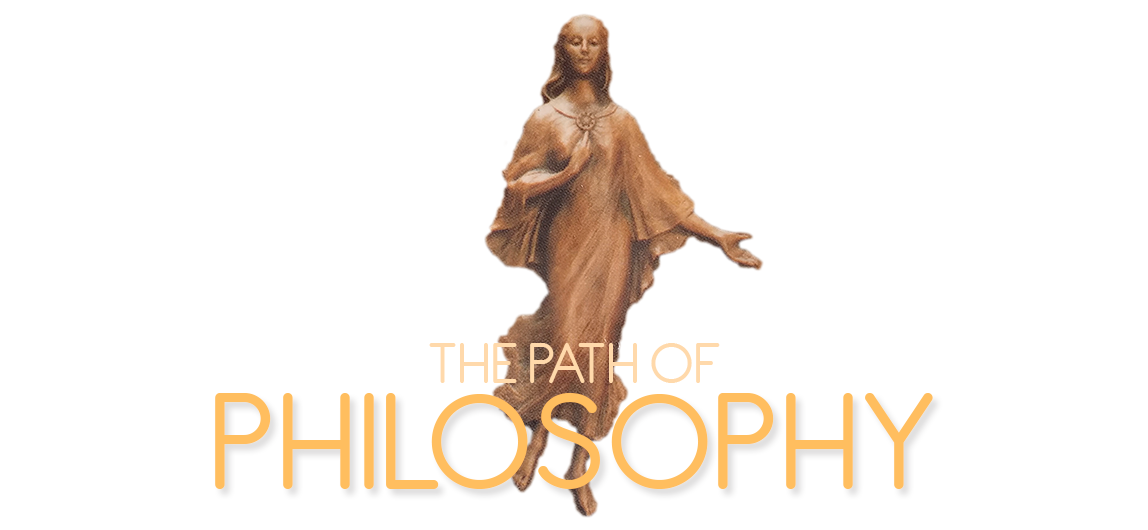Raphael (Ashram Vidya Order). 2010. Aurea Vidya Foundation Inc. New York, N.Y. (167 p.). www.vidya-ashramvidyaorder.org
What is love? Humanity has been preoccupied with this question throughout its existence. Love is one of life’s mysteries, one that has been the subject of countless books, songs, poems, and testimonials. This unanswered question has led to a growing contemporary literature on the spiritual meaning of love and relationship. Raphael’s “The Science of Love” is an important contribution to this literature, placing the idea and meaning of love in a philosophical context based on Platonism and other wisdom traditions, relying on the assumption that Love offers a valid spiritual path (both for individuals and couples) that can lead to the highest realization.
Our conception of love is limited by our conception of who we are. Thus, when experiencing ourselves as material-psychological beings, love is reduced to a physical or psychological phenomenon. What if, however, the deeper truth is that we are divine Souls, with Love being the Soul’s desire to unite with its divine Source? This is Raphael’s premise. From it he derives an inspiring conception of Love that provides important insights on this most important experience, offering us the opportunity to view “being in love” as a pathway for spiritual practice and transformation.
For each level of a being – material, emotional, intellectual, and spiritual – there is a corresponding understanding and definition of love. Raphael reviews each of these, demonstrating that a spiritual understanding of love – as the Soul’s desire for Truth, Comprehension, Beauty and Union – offers a framework that can lead to a re-visioning of Love in its other forms. Rather than being an end in themselves, material, emotional and intellectual love are steps on an ascending ladder (as Plato, through the character of Diotima, suggested in the Symposium) which lead to a higher, more transformative love. Raphael also refers to the Eastern understanding of chakras – vital energy centers within us that correspond to different levels of reality – to explain levels of polarity and the different experiences of love.
Love itself is based on polarity – polarities within a person and between them, and within and between levels of reality – polarities that are themselves derived from a fundamental unity. Raphael explains the process and dynamics of polarity and how this leads to the experience of “love” in its many forms, presenting the polarities experienced in relationship as the expression of more fundamental, deeper polarities. This material would be of particular interest to spiritual seekers involved in a committed relationship. With this understanding, we can see “beyond the form” into the deeper truth that express itself in everyday love relationships. In its highest form, Love, as an expression of the Soul, is non-grasping, non-possessive, and un-needy, demonstrating comprehension, acceptance and appreciation. A love of this nature creates a dynamic, creative field that benefits all who come into contact with it. Quoting Raphael: “Love is, therefore, a powerful, unifying impulse, which transmits the grace of joy. Love floods and involves all it comes into contact with.” This “unifying impulse” is what can provide a solution to life’s problems, and lead the Soul back to its source. In its highest expression, Love expresses the qualities of comprehension, life-giving, joy-beatitude, fullness, and freedom, and is experienced as a gentle Sound. Pure Love is itself a vibrating of notes in harmony, transforming the space around it. Raphael comments: “If all the couples on Earth loved each other with sublime Mind, the planet would emanate a different beam of light and have a different rhythm: it would become a sacred planet.”
This understanding of Love is in turn linked to the Platonic conception of Eros as a unifying, joining and aspiring energy. The Love-Eros in us seeks out Beauty in order to remember the Beauty that lies within, and these qualities (Love-Beauty-Eros) lead us back to their source where they become one.
This is a noteworthy book. As in his other books, Raphael takes an important theme from the Perennial Wisdom Tradition and gives it a modern expression that is both accessible and true to its source. And, because the subject is Love, there is something for everyone in this book, whatever the object(s) of our love may be.
Review by Micha-El (Alan Berkowitz), May, 2010.

